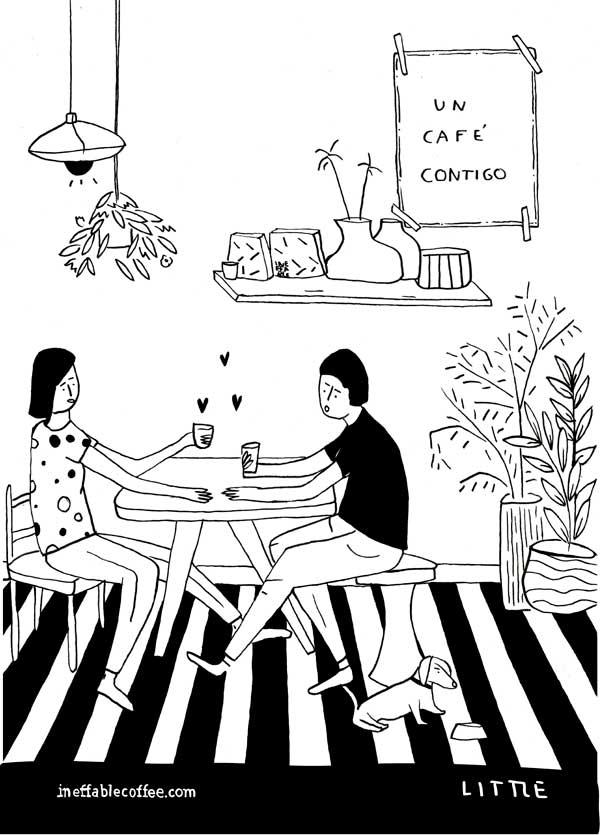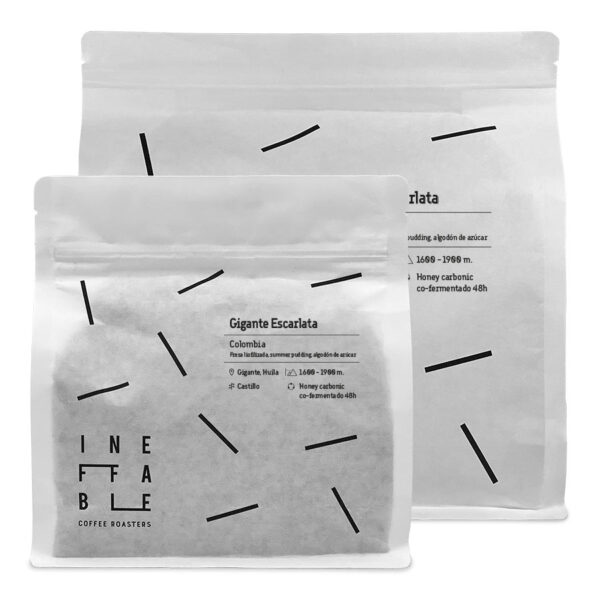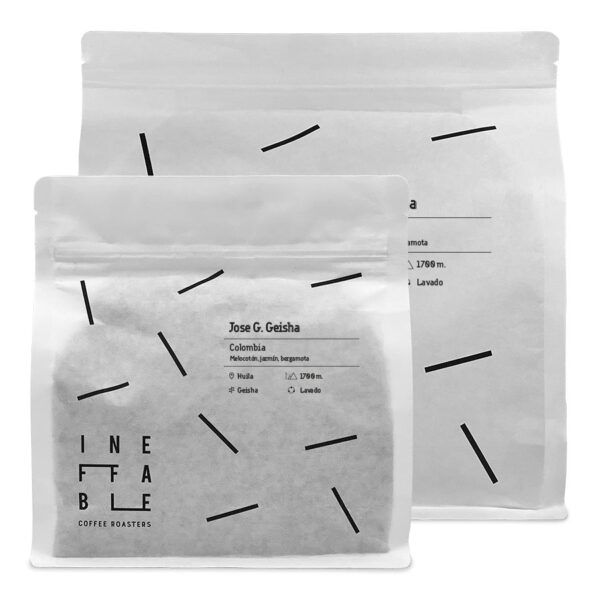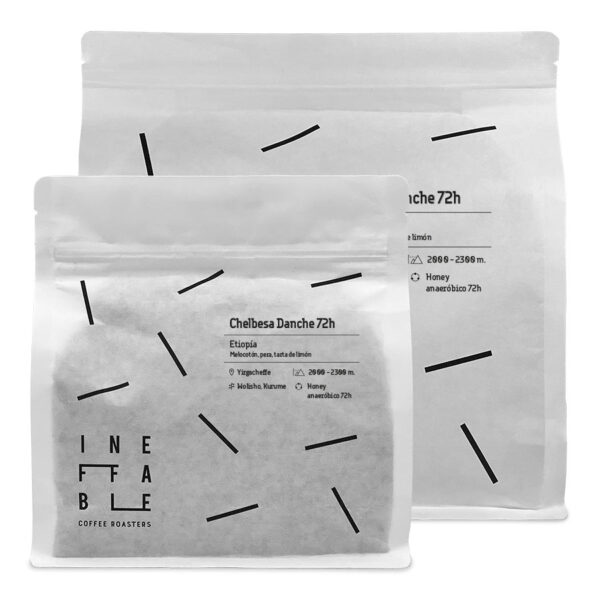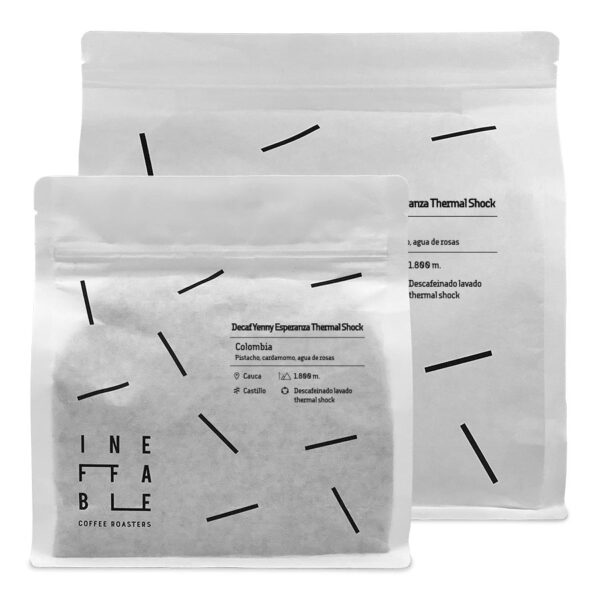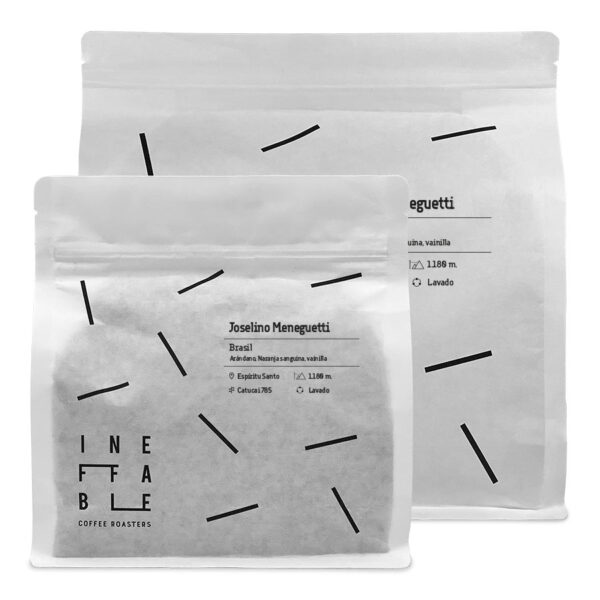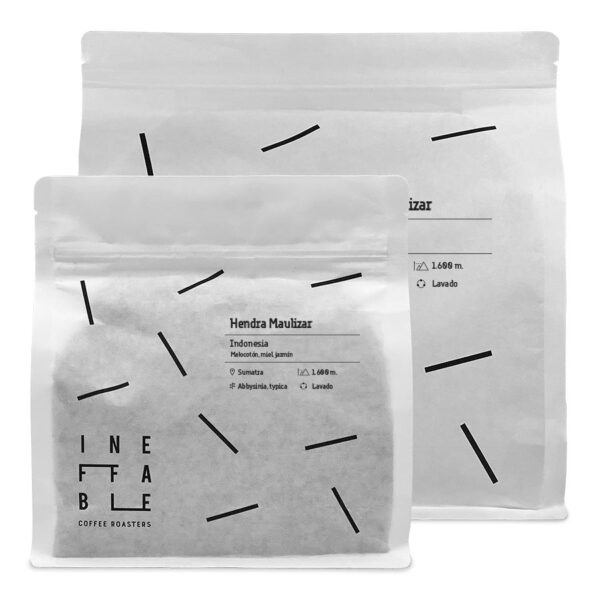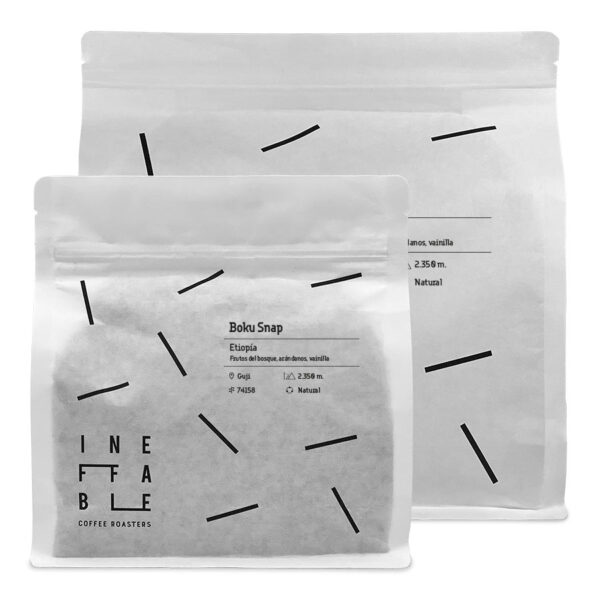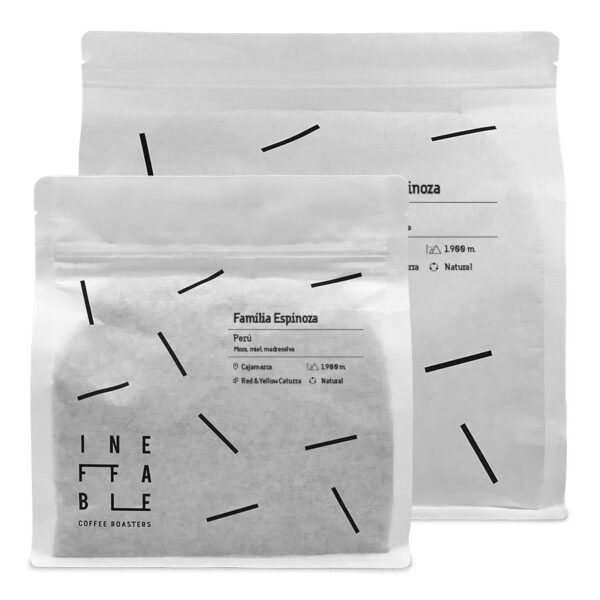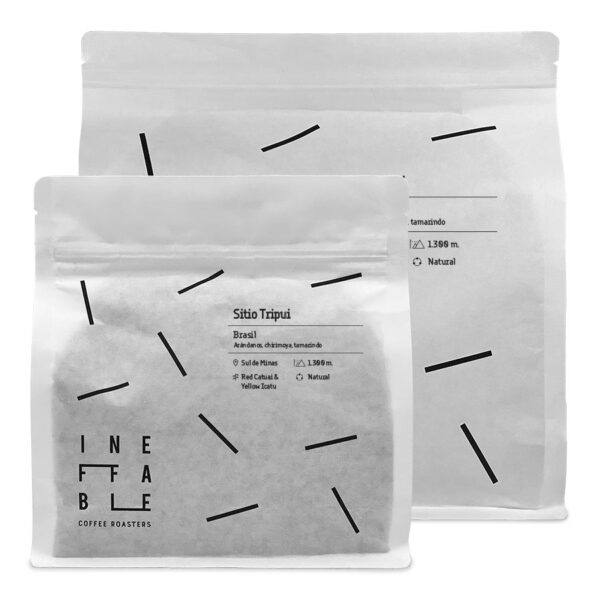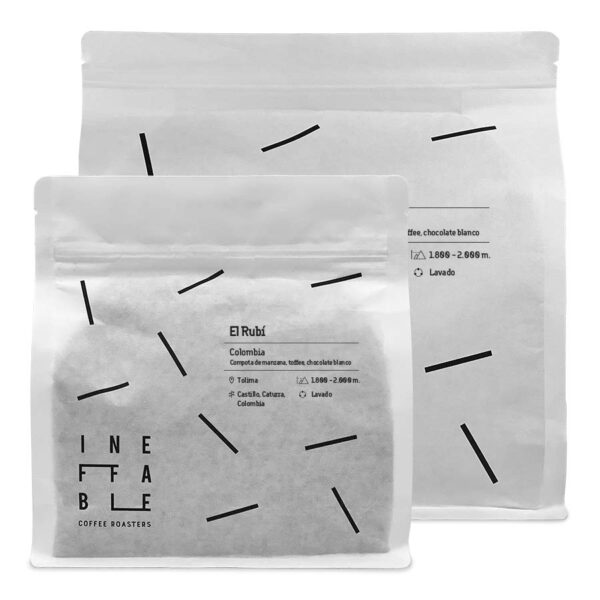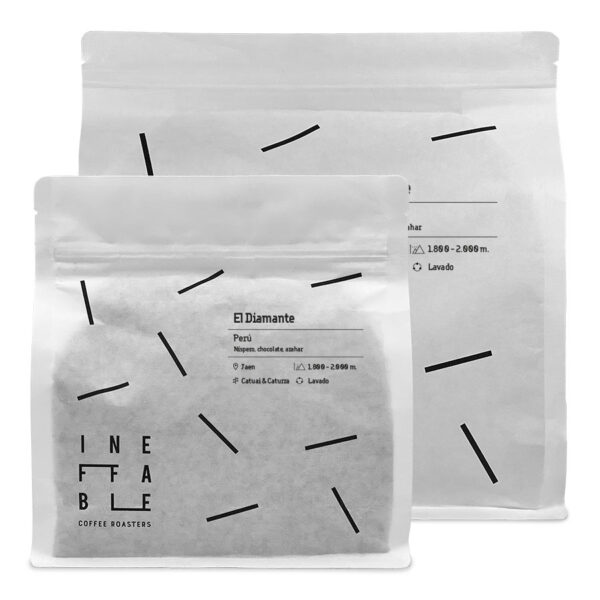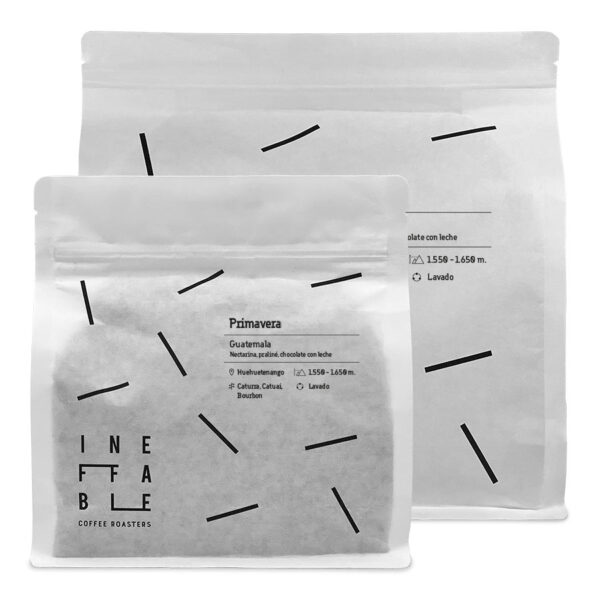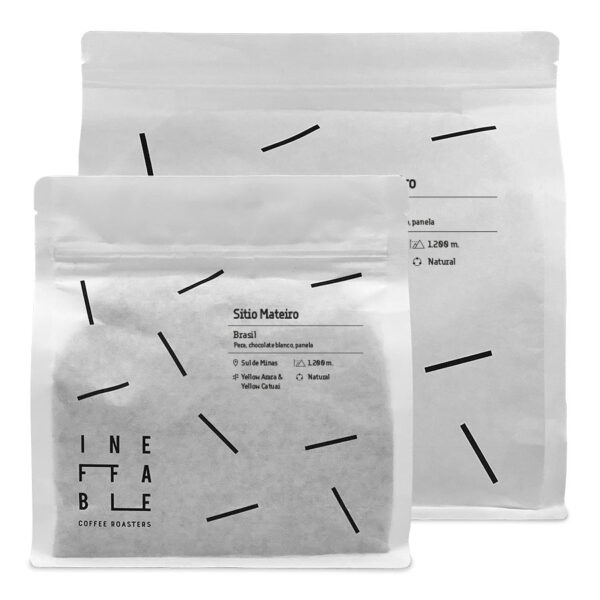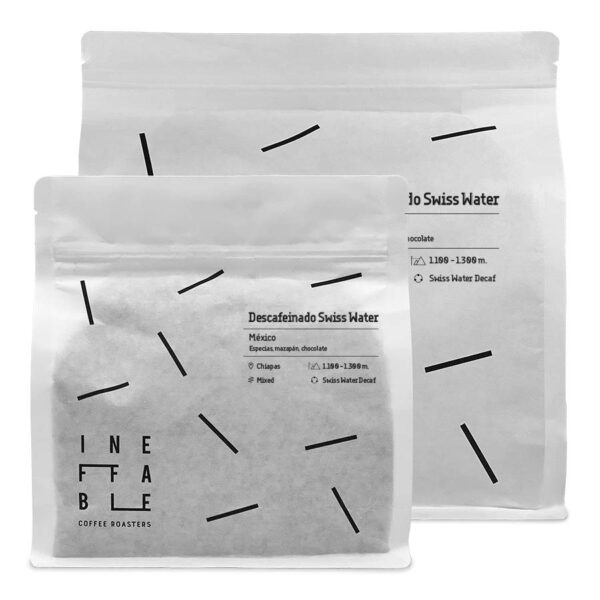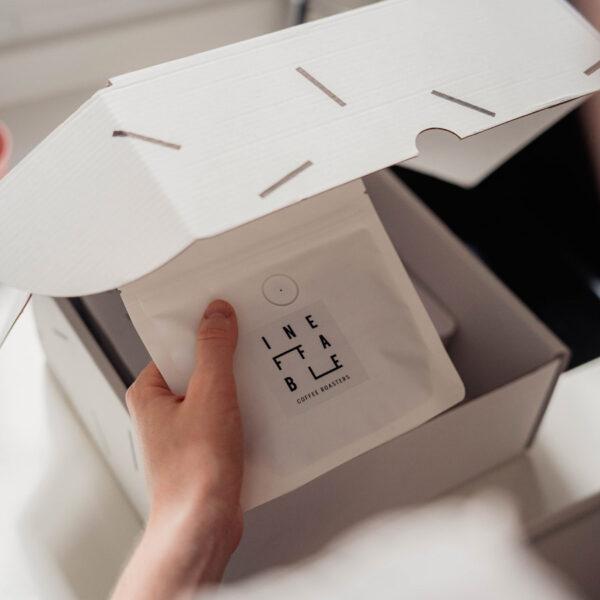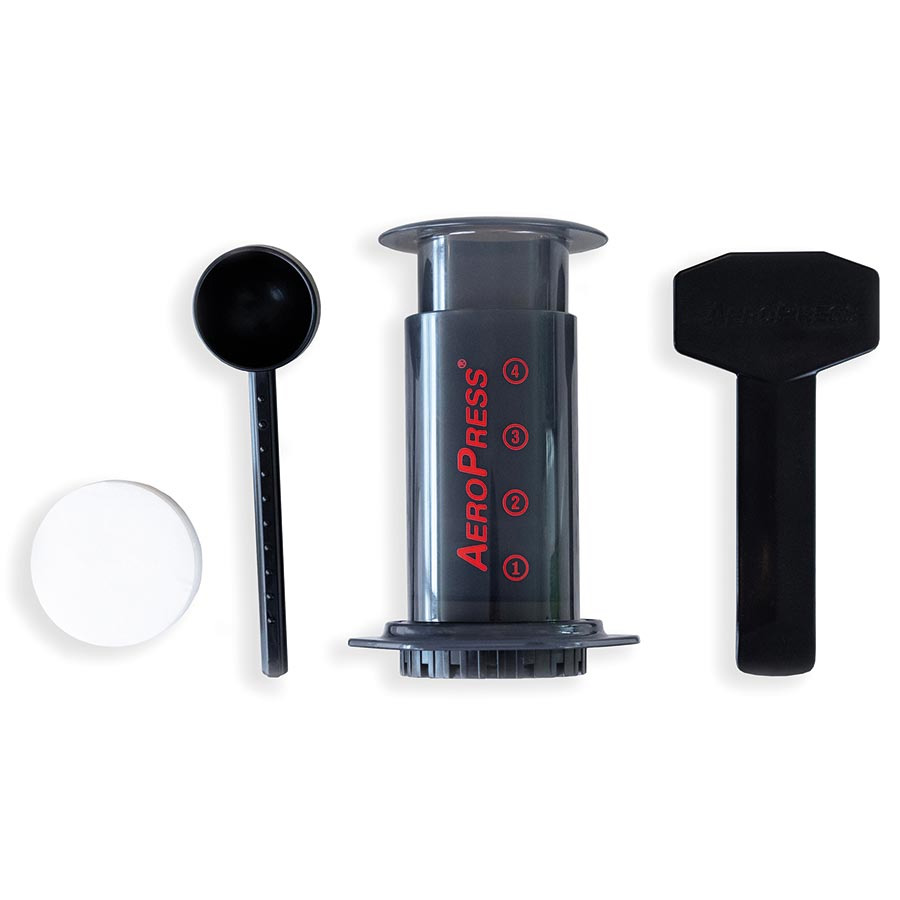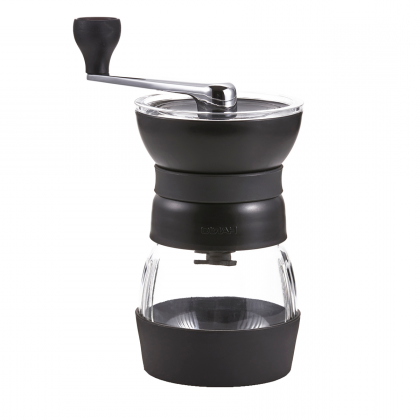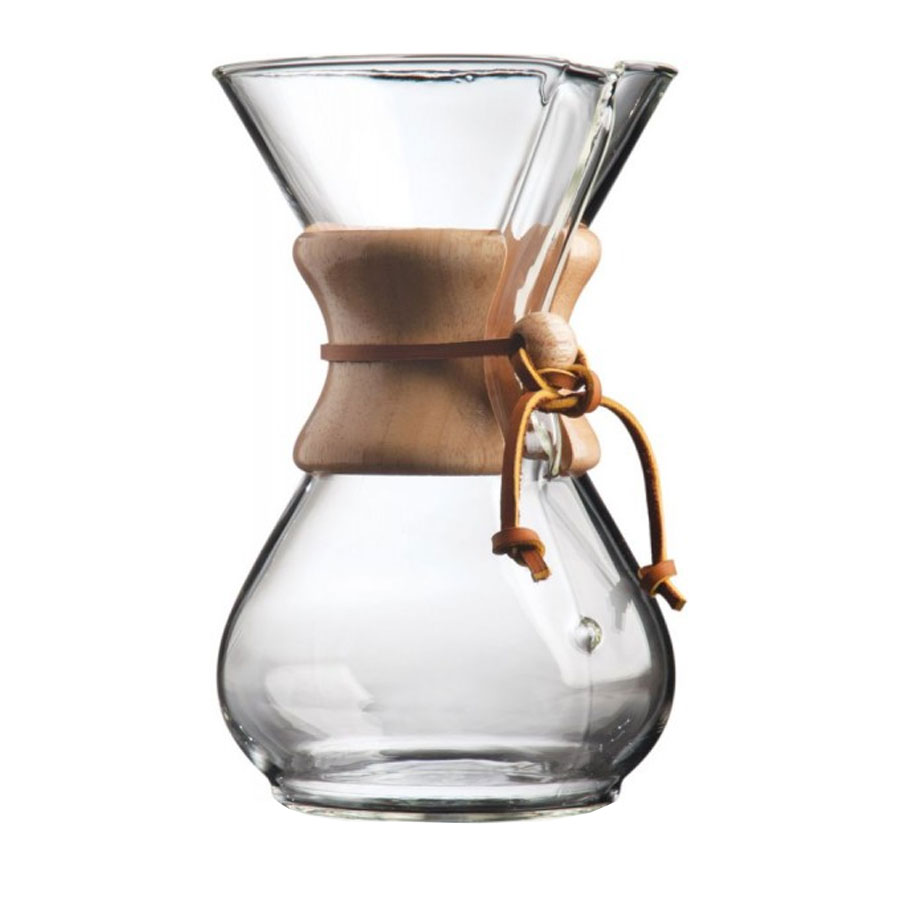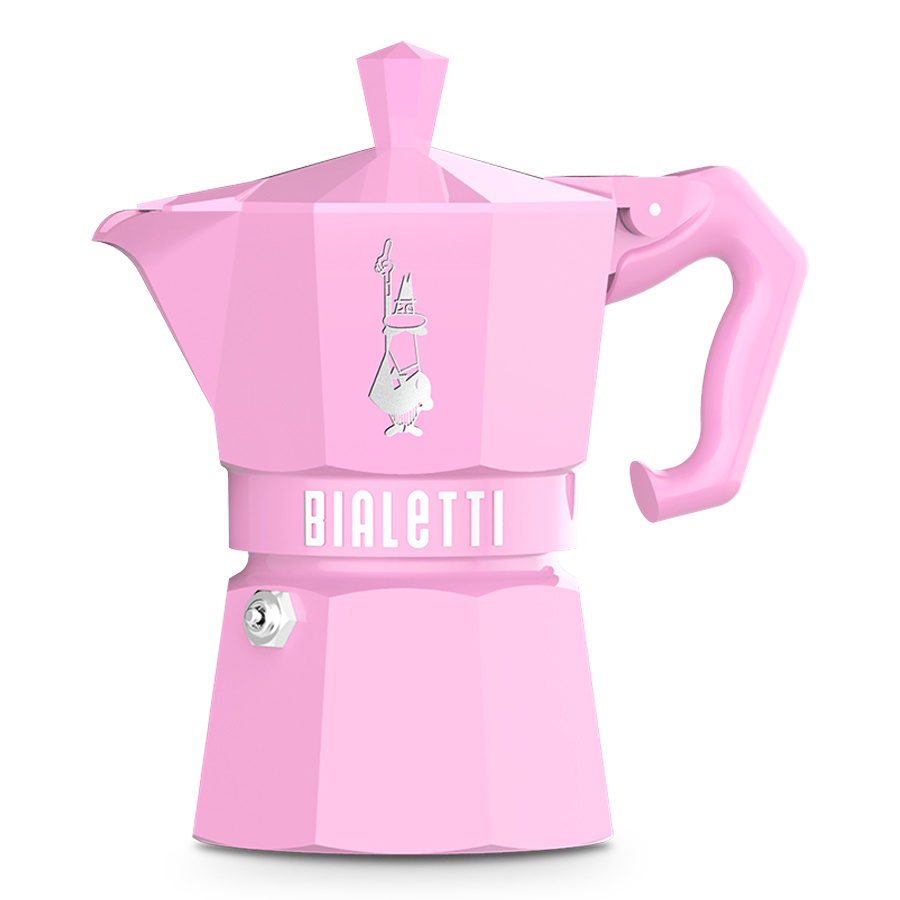Free Shipping for Spain, Mallorca & Portugal >40€ / Europe >99€ / Delivery in 24/48h M-F
Online specialty coffee shop
Ineffable Coffee Roasters
In this specialty coffee online shop you will find a bespoke selection of the most complex and dynamic coffees in the world, always fresh and seasonal.
Harvested in a sustainable way at origin and freshly roasted in Seville.
Whole bean or ground, packed in 1kg or 250gr format ready to brew on your favourite coffee maker.
Enjoy at home every process and decision made by small producers around the world in the most transparent and delicious way.

Seasonal coffees
Freshly roasted in Seville

Eco – friendly product
100% Compostable packaging

Fair pay to producers
Improved conditions at origin

Farm to cup traceability
Sustainable relationship with producers
Visit our section of Coffee accessories online shop
Online specialty coffee shop
Subscribe to receive ongoing specialty coffee at home
You will receive an ongoing monthly coffee delivery charged via recurring payments to your credit card.
You can modify, pause or cancel this subscription at any time. Worldwide Shipping.
250
gramos - 11,00€ por mes
2 x 250
gramos - 22,00€ por mes
3 x 250
gramos - 33,00€ por mes
4 x 250
gramos - 44,00€ por mes
1
kilo - 39,00€ por mes
Crea tu propia
suscripción por mes
We believe every coffee has an ideal roast degree in which reveals best the unique and highly specific inherent qualities of the coffee; its varietal, growing conditions and processing.
We look for this flavour profile in each of our coffees and replicate it on every batch. Based on this approach to roasting, once a month, we’ll send you the freshest seasonal coffee that we are working with, something that excites us to share with you, keeping in mind your preferences.


